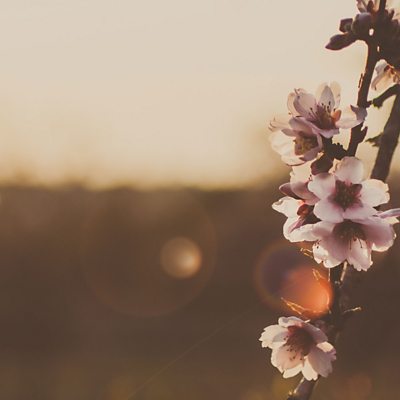Episode details

Available for over a year
My wife and baby son are out of the country at the moment, and I am living off ready meals and feeling slightly sorry for myself. Last week they flew off to Israel, where my wife is from, for the family Passover celebrations. So whilst I was in church leading the liturgies of Holy Week and Easter, she was just outside of Jerusalem celebrating the story of Moses leading the people of Israel out of slavery and into the Promised Land. We speak on the phone. I tell her about how the anti-Semitism story is developing over here, and she tells me how the Gaza situation is developing over there. And we both sigh. I have been in Gaza, felt the sense of imprisonment of its people, and have even been shot at by the Israeli Army whilst approaching the border fence. By contrast, my wife knows exactly what it’s like to live in fear of the sirens going off, and waiting for the next rockets to fall. We both have very different perspectives. But mostly we talk about family and the kids and what she has been cooking and the daily domestic arrangements of life that stitch people together and give them common cause. Had Easter not coincided with Passover, I too would have been in Jerusalem raucously singing di-di-anu and banging the table and doing my best to follow the Hebrew text. And had my wife been over here she would have been baking her legendary Victoria Sponge for the church congregation and doing a pretty convincing impersonation of a traditional Vicar’s wife. Some people seem to think it impossible to walk this path with integrity, that in living with such big differences you have to swallow too many contradictions or live falsely, inauthentically. But I don’t buy this, because human beings are never a single point of view to which we must all remain loyal - we all develop as bundles of contradictions and hybridities. And it really is possible to live like this, just getting on with it, not always pressing every difference to its absolute conclusion, not always living out the total logic of a single insight and – most important of all - not always having to win. I’m not claiming this practical pluralism is a formula for world peace, or that if only politicians understood each other better, their differences would magically collapse. No, the differences are real and deep. What I am claiming is smaller, but still important: that it’s perfectly possible to survive such differences within a family and amongst friends, and even to turn them into some sort of virtue, a way of expanding our consciousness, a way of understanding things from two perspectives at the same time. In a world were where differences of religion and politics are too often represented as inevitably hostile and even violent towards each other, I’d just like to put in a quiet word for those who find a way to live out their differences joyously. Happy Easter and Chag Sameach.
Programme Website